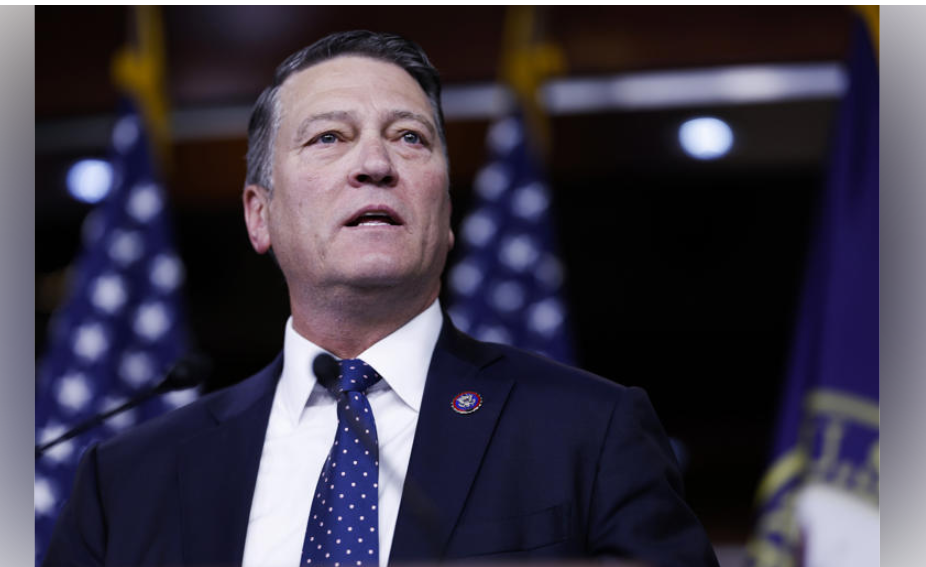Eric Thompson Show Podcast
In a provocative move that has generated significant media attention and political debate, Representative Ronny Jackson has called for President Joe Biden to undergo a drug test before any future presidential debates. Jackson, a former White House physician, cited concerns about Biden’s cognitive abilities and suggested that the President might be using performance-enhancing substances.
Jackson’s demand, articulated through various media outlets, has raised eyebrows across the political spectrum. “I think it’s a legitimate thing to be concerned about,” Jackson stated. “We need to know that the person who is making all these critical decisions about our national security, our economy, and everything else has the cognitive capacity to do so.”

The request for a drug test is not without precedent in recent political history. Jackson referenced the 2020 presidential debates, claiming that there were noticeable differences in Biden’s performance. “There were moments where he was almost unrecognizable compared to other times when he appeared sharp and on point,” Jackson argued, suggesting that such fluctuations could be indicative of drug use.
Jackson’s comments come amid broader concerns about President Biden’s cognitive health, a topic that has been recurrently discussed in conservative circles. Critics argue that Biden’s age and occasional verbal missteps warrant closer scrutiny of his mental fitness. However, it is important to note that these claims have been largely dismissed by Biden’s medical team and supporters, who assert that the President is in good health and fully capable of performing his duties.
The White House has yet to respond to Jackson’s latest demands directly, but it is likely that they will reject the suggestion, as they have with previous similar calls. In the past, Biden’s team has dismissed such claims as baseless and politically motivated. They argue that Biden has already provided comprehensive medical records demonstrating his fitness for office.
Jackson, who served as a physician to Presidents George W. Bush, Barack Obama, and Donald Trump, has positioned himself as a vocal critic of Biden’s health. His calls for a drug test echo his previous demands for cognitive testing, which he first made during the 2020 presidential campaign. Despite the controversy, Jackson insists that his concerns are rooted in a genuine desire to ensure that the President is capable of leading the nation effectively.
Critics of Jackson’s demand argue that such a call is a distraction from substantive policy discussions and an attempt to undermine public confidence in the President. They point out that no credible evidence has been presented to suggest that Biden is using any form of cognitive enhancement drugs. Moreover, they argue that Jackson’s insistence on such tests is politically motivated, given his alignment with former President Trump and his frequent criticism of the Biden administration.
Supporters of Jackson’s proposal, however, believe that transparency about a leader’s health is paramount. They argue that the stakes are too high to ignore potential concerns about the cognitive capabilities of the President. In their view, a drug test could provide clarity and reassure the public about Biden’s ability to perform his duties.
As the debate over Jackson’s demand continues, it highlights the deeply polarized nature of current American politics. Issues of health and fitness, once considered private matters, have become public and politicized. Whether or not President Biden will acquiesce to such demands remains to be seen, but the controversy itself underscores the intense scrutiny and high stakes surrounding the presidency.
For now, the call for a drug test remains a contentious issue, emblematic of the broader mistrust and partisan conflict that characterize contemporary political discourse. Jackson’s demands may be dismissed by some as unfounded, yet they resonate with a significant portion of the electorate concerned about the health and capabilities of their leaders.